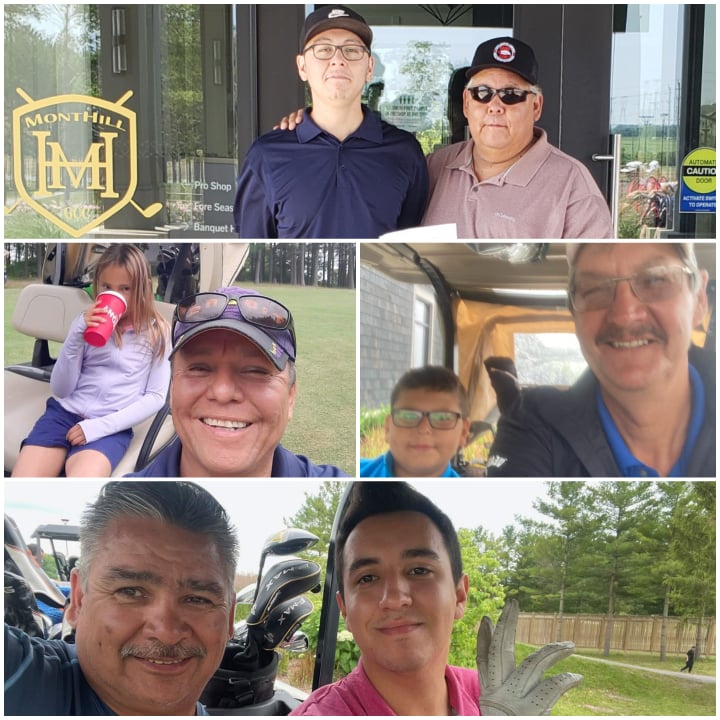
Languages begin to die when they are no longer passed on from parent to child. That started happening to the Mohawk language here a long time ago. As a result, children here no longer speak, as their first language, any of the different family dialects that were once spoken 50 years ago.
In response, the community began teaching the language in schools. But schools are not parents. They employ different teachers from different backgrounds with differing levels of fluency. They often change teachers, materials and curriculum. It’s no surprise that a “new” language emerges under these circumstances, one that is different from a single family dialect that is spoken by only a few surviving members.
It’s also a fact that languages, like people and society, change and evolve. The English language is constantly adding new words (bling, twerk, geek, tweet, blog) and dropping old words (thee, verily, hither, whence, yon). The Mohawk language is the same. It’s evolving.
Onkwawenna Kentyohkwa began teaching adults 16 years ago. As best we can, we teach Ohswekén:’a, the Grand River dialect. Although we also teach how some common words and expressions are said in other Mohawk communities so that our students can communicate with other speakers elsewhere, our graduates are committed to reclaiming and strengthening Ohswekén:’a.
Our graduates worked hard – very hard – to become speakers and they made many, many sacrifices to do so. Thanks to this growing number of people, the Mohawk language is now commonly heard throughout the community – in stores and restaurants, at public meetings, in the longhouse, on the telephone, not to mention on text messages, YouTube and Facebook. It’s everywhere. There are even a precious few small children being raised to speak Kanyen’keha as their first language – something that hasn’t happened here in a very long time. In many ways our language is much stronger than it has been in more than 20 years.
Our fluent speakers from long ago are in the skyworld now and are no doubt smiling down on these new speakers. I’m certain that they are proud of them. And when these new speakers themselves go to the skyworld, I’m certain that they will be remembered by their descendants, by children and grandchildren yet to be born. They will be applauded and honoured for what they have achieved and what they are doing to keep our language alive.
To those of you have become speakers: Tóhsa sewanà:khwen. Tóhsa sewa’nikonhráksen. Tóhsa sewatéhen. É:so nisewatyé:ren aesewà:ronke’. E’thóhtsi aesewate’nikonhrí:yohste’ tahnon skén:nen
aesewanonhtónnyon’. Yetshiwennohetstén:ni ne onkwawén:na tsi ní:yoht rawè:ron ne Shonkwaya’tison. Kwakwennyénhstha. Kwahsennakará:tats. Kwanorónhkwa.
E’tho nikawén:nake.
Owennatekha







